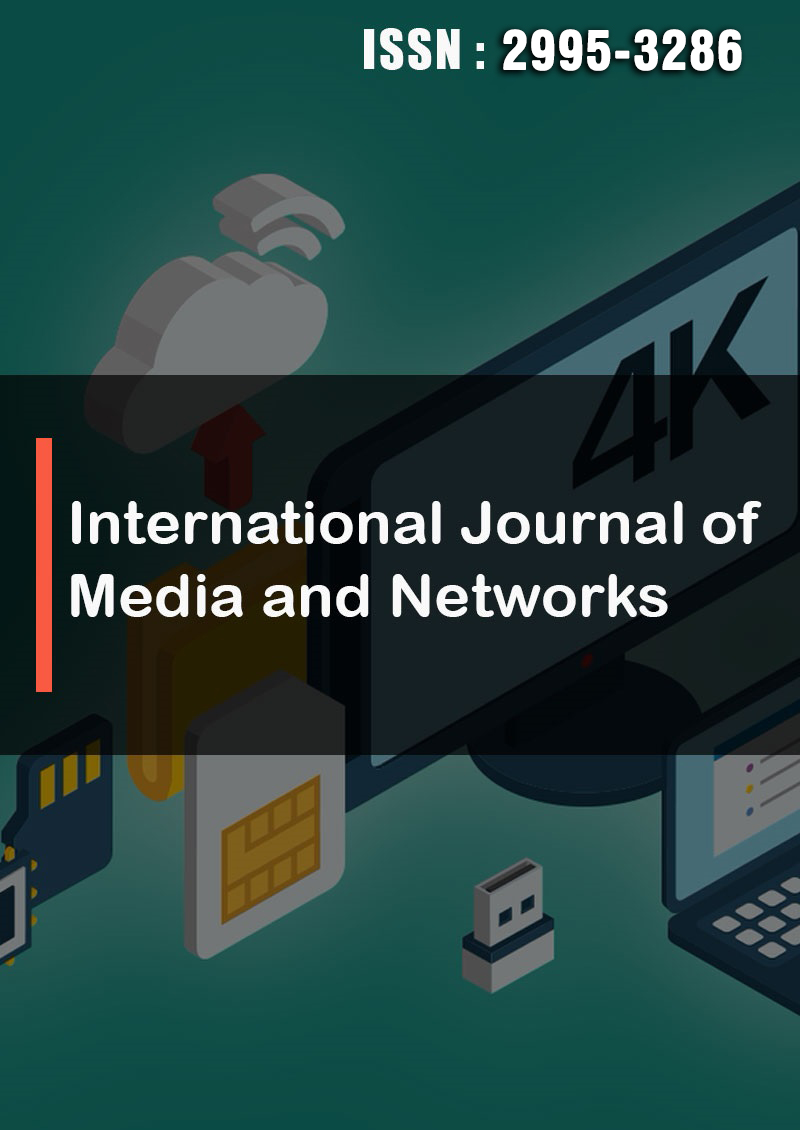Analysis of Climate Change Impacts on Food Security in Somalia
Abstract
Mohamed Said, Abdullahi Bashir AdanAbdikarim Barre Hussein and Mohamed Mursal Ibrahim
This comprehensive study employs a dual-method research approach, encompassing qualitative and quantitative methods, to meticulously explore the intricate dynamics linking climate change and food security within Somalia. Through an extensive survey involving 80 participants – spanning farmers, agricultural educators, students, and environmental professionals – the investigation illuminates the profound ramifications of shifting climatic patterns on the country's agricultural landscape. Notably, discernible shifts in precipitation and temperature are identified as catalysts for land degradation and associated environmental challenges. These shifts consequently contribute to water scarcity and compromise the yield of both crops and livestock. In response, the study advocates for policy interventions focused on alleviating food shortages, spotlighting sustainable research for resilient crop development, efficient adoption of adaptive agricultural technologies, and empowering farmers to navigate evolving environmental scenarios. The investigation delves into the nuanced impact of climate change on rainfed crop production, particularly cereal crops that serve as essential sources of sustenance and fodder. Additionally, it addresses the substantial role of climate change in livestock production, particularly concerning greenhouse gas emissions. Synthesizing these findings, the study underscores the urgency of implementing climate adaptation policies in Somalia. It highlights the dearth of localized scientific knowledge and the critical need to combat the escalating frequency of droughts and floods. Ultimately, this study presents a comprehensive overview of the intricate interplay between climate change, food security, and land degradation in Somalia, underlining the imperative for integrated measures to enhance resilience and ensure sustained food stability in the nation's future.




